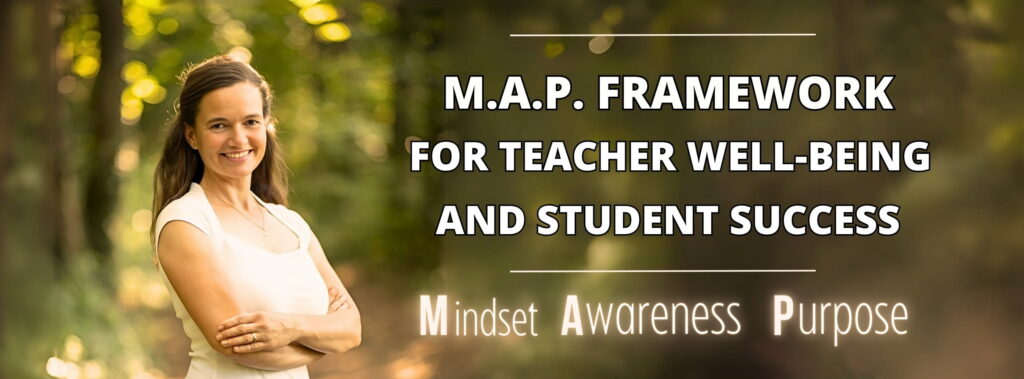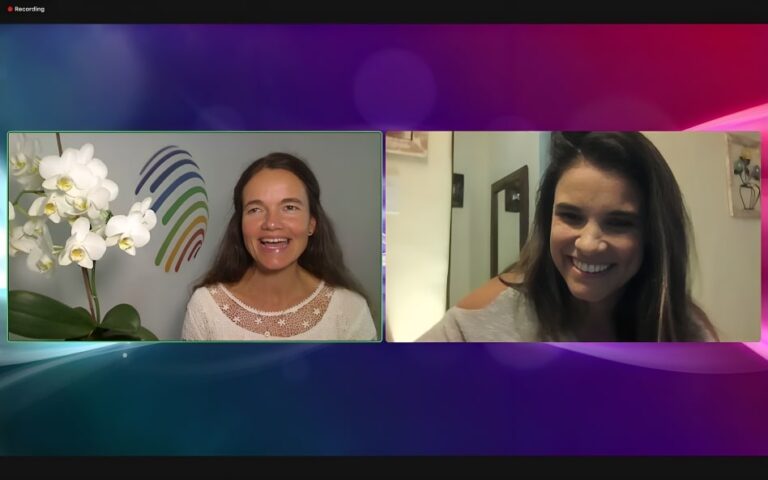The Power of Open-Ended Questions
In the intricate dance of early childhood education, one of the most profound tools at a teacher’s disposal is the art of asking open-ended questions. These queries, rich in potential, possess the transformative ability to ignite young minds, foster critical thinking, and lay the foundation for a lifelong love of learning.
Understanding the Developing Brain
To comprehend the impact of open-ended questions, it’s crucial to delve into the fascinating world of neuroscience. The young brain is a dynamic landscape, constantly sculpted by experiences and interactions. Research indicates that the frontal lobes, responsible for higher-order thinking and decision-making, undergo significant development during the early years. By posing questions that require thoughtful responses, educators engage these evolving neural networks, promoting cognitive growth and enhancing problem-solving skills.
With open-ended questions we are:
- Fostering Curiosity and Exploration
- Building Communication Skills
- Encouraging Critical Thinking
- Promoting Emotional Intelligence
1. Fostering Curiosity and Exploration
Children are natural explorers, driven by an insatiable curiosity about the world around them. Open-ended questions act as catalysts, propelling them into realms of discovery. Rather than seeking a specific answer, these inquiries invite children to think creatively, articulate their thoughts, and express their unique perspectives. This not only nurtures a love for learning but also instills a sense of autonomy and confidence.
2. Building Communication Skills
Effective communication is a cornerstone of success in both personal and professional spheres. By consistently encouraging open-ended discussions, teachers play a pivotal role in honing the communication skills of their young charges. As children articulate their thoughts and ideas, they develop language proficiency, expressive abilities, and the capacity to engage in meaningful dialogue—a skill set that lays the groundwork for academic achievement and social success.
3. Encouraging Critical Thinking
In a world teeming with information, the ability to think critically is paramount. Open-ended questions stimulate higher-order thinking processes, prompting children to analyze, evaluate, and synthesize information. As educators guide their students through these mental exercises, they sow the seeds of analytical thinking, preparing them for the challenges of an ever-evolving future.
4. Promoting Emotional Intelligence
Beyond academic prowess, early education is a crucible for emotional intelligence. Open-ended questions provide a canvas for children to express their emotions, thoughts, and feelings. By delving into the realm of emotions, educators foster self-awareness, empathy, and effective interpersonal relationships—an invaluable skill set that extends far beyond the classroom.
In the symphony of early childhood education, the melody of open-ended questions resonates with the promise of intellectual, emotional, and social growth. As educators, embracing the power of inquiry is not merely a pedagogical choice; it is a commitment to sculpting young minds that are resilient, inquisitive, and equipped to navigate the complexities of the world. So, let us ask not just questions but open-ended invitations to explore, discover, and embark on a journey of lifelong learning.


Klavdija Svet, author of Elevate to Educate
Elevate your teaching skills and stay ahead of the curve! Receive our monthly Insights, packed with professional development opportunities, classroom inspiration, and the latest trends in education. Don’t miss out on the chance to take your teaching to the next level. Subscribe now!







